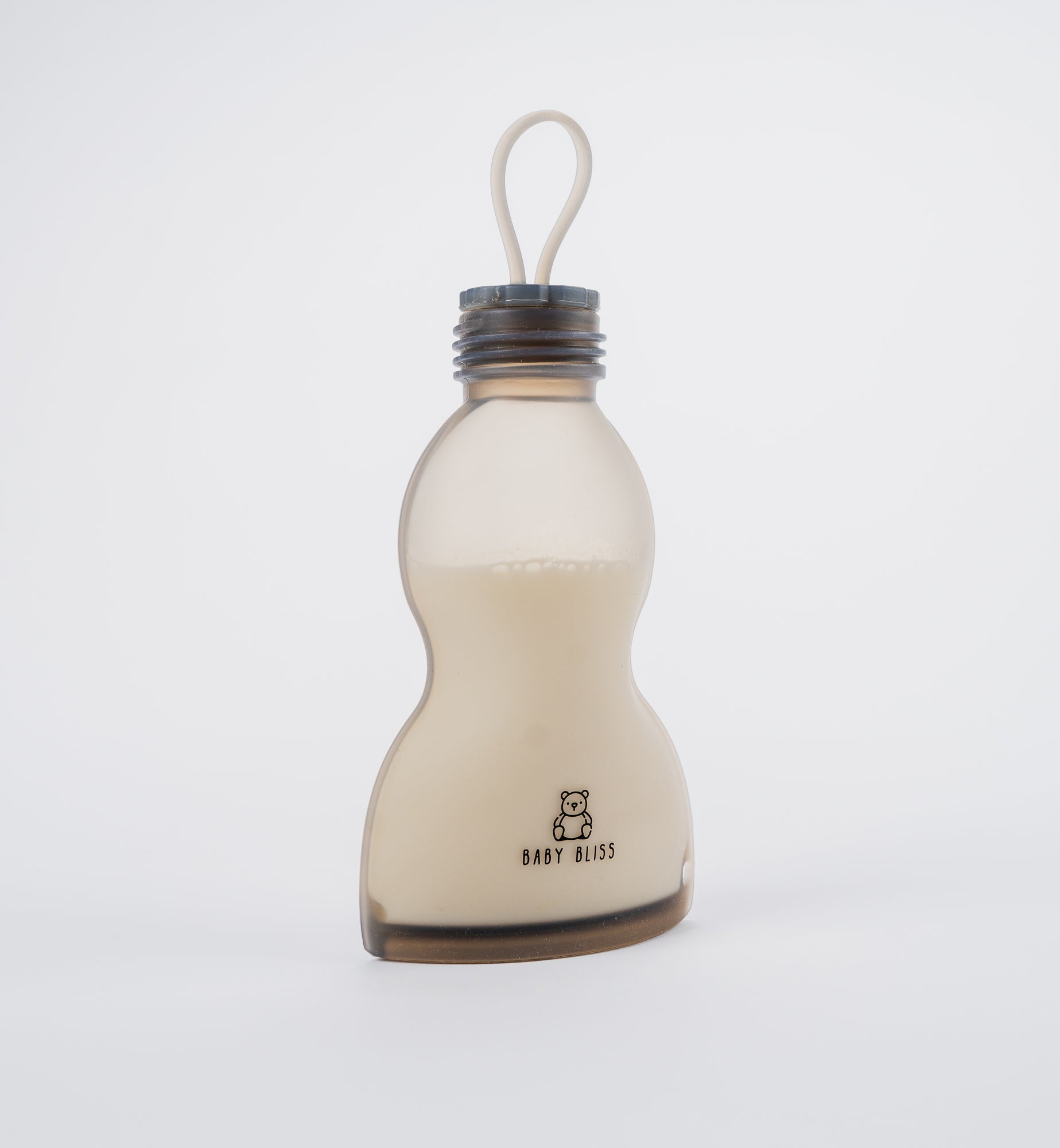Why is Breastmilk Supply Important?
Breastmilk is the best source of nutrition for newborns and infants. It provides essential nutrients and antibodies that help protect babies from infections and diseases. However, some mothers may struggle with low breastmilk supply, which can be frustrating and concerning. If you're looking for ways to increase your breastmilk supply, here are some helpful tips.
1. Establish a Proper Breastfeeding Routine
Establishing a consistent breastfeeding routine is crucial for maintaining and increasing your milk supply. Breastfeed your baby frequently, at least every 2-3 hours during the day and every 3-4 hours at night. The more you breastfeed, the more signals your body receives to produce milk.
2. Ensure a Good Latch
A proper latch is essential for effective breastfeeding. Make sure your baby is latching onto your breast correctly, with their mouth covering a large portion of the areola. A shallow latch can lead to inadequate milk transfer and decreased milk supply. Seek help from a lactation consultant if you're having trouble achieving a good latch.
3. Stay Hydrated
Drinking enough fluids is important for maintaining a healthy milk supply. Aim to drink at least 8-10 glasses of water or other hydrating beverages throughout the day. Avoid excessive caffeine and alcohol, as they can interfere with milk production.
4. Eat a Nutritious Diet
A well-balanced diet is essential for breastfeeding mothers. Include plenty of fruits, vegetables, whole grains, lean proteins, and healthy fats in your meals. Certain foods like oats, fenugreek, and fennel may also help boost milk production, but consult with your healthcare provider before trying any supplements.
5. Practice Skin-to-Skin Contact
Skin-to-skin contact with your baby stimulates the release of hormones that promote milk production. Spend time cuddling your baby skin-to-skin, especially during and after breastfeeding sessions. This not only enhances milk supply but also strengthens the bond between you and your little one.
6. Empty the Breasts Completely
Ensure that your breasts are fully emptied during each breastfeeding session. If your baby doesn't finish feeding from one breast, offer the other breast to encourage complete drainage. Emptying the breasts signals your body to produce more milk.
7. Avoid Supplementing with Formula
Supplementing with formula can interfere with your milk supply. If you're concerned about your baby's weight gain or milk intake, consult a lactation consultant or healthcare provider before introducing formula. They can provide guidance and support to help you increase your milk supply naturally.
8. Manage Stress Levels
Stress can negatively impact milk production. Find ways to manage stress, such as practicing relaxation techniques, getting enough rest, and seeking support from your partner, family, or friends. Taking care of your emotional well-being can positively influence your milk supply.
9. Consider Pumping
In addition to breastfeeding, pumping can help stimulate milk production. Pumping after breastfeeding or between feedings can signal your body to produce more milk. However, it's important to find a balance and not overdo it, as excessive pumping can lead to an oversupply or other issues.
10. Seek Support
If you're struggling with low milk supply, don't hesitate to seek support from a lactation consultant or breastfeeding support group. They can provide personalized advice, tips, and reassurance to help you overcome any challenges you may be facing.
Remember, every mother's breastfeeding journey is unique, and it's important to be patient with yourself. With the right techniques, support, and self-care, you can increase your breastmilk supply and provide your baby with the nourishment they need.





